Last Updated: 13/08/2025
German Shepherd Breed Guide
Is a German Shepherd the right dog for you? Our complete, vet-written breed guide covers everything: their loyal personality, shedding, training needs, diet, and common health problems like hip dysplasia. Get expert advice to see if this intelligent, courageous dog is a good fit for your family.
Author: Dr Carla Paszkowski BVSc (Hons)
Reading Time: 7 minutes - short read
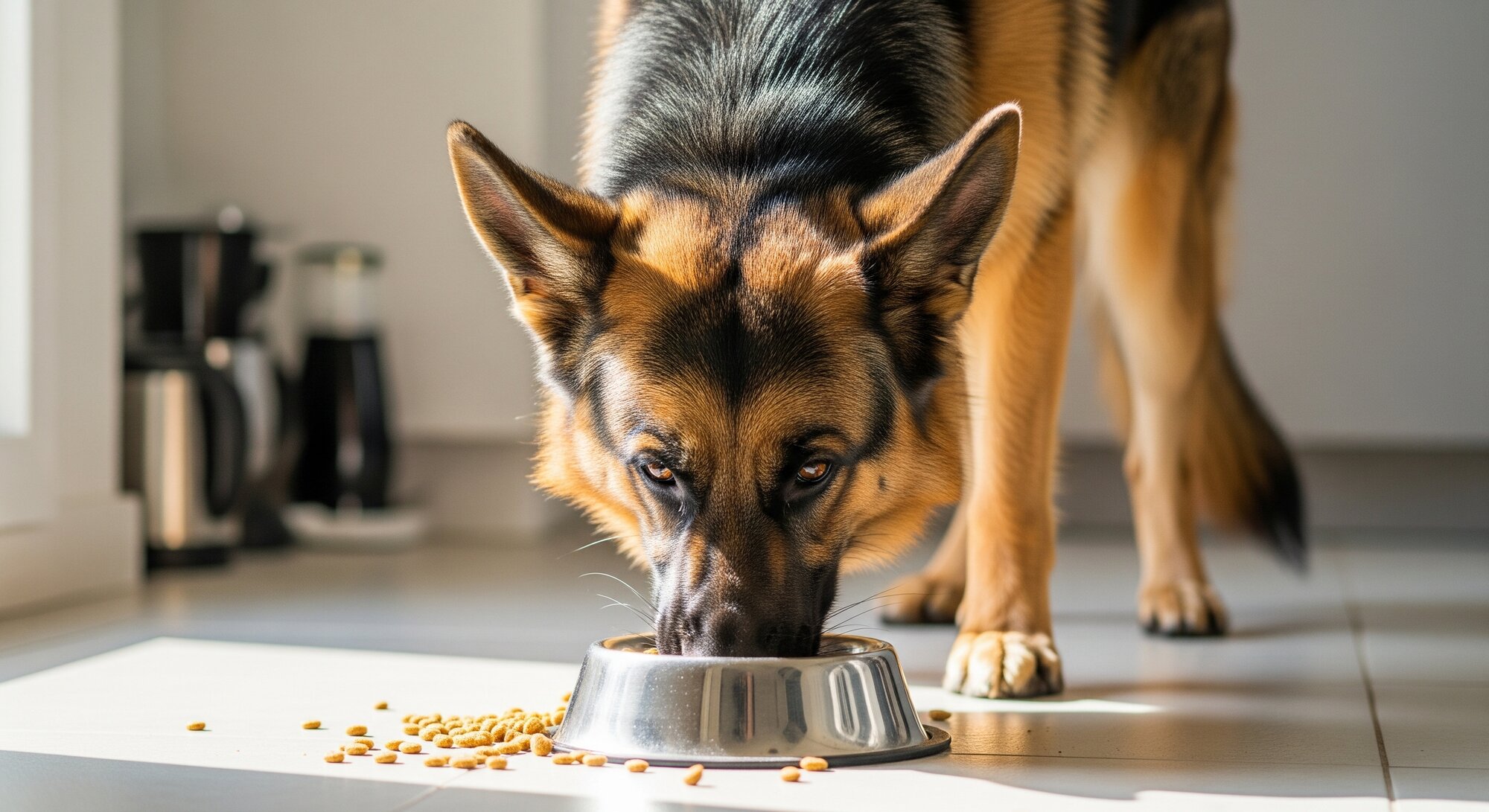
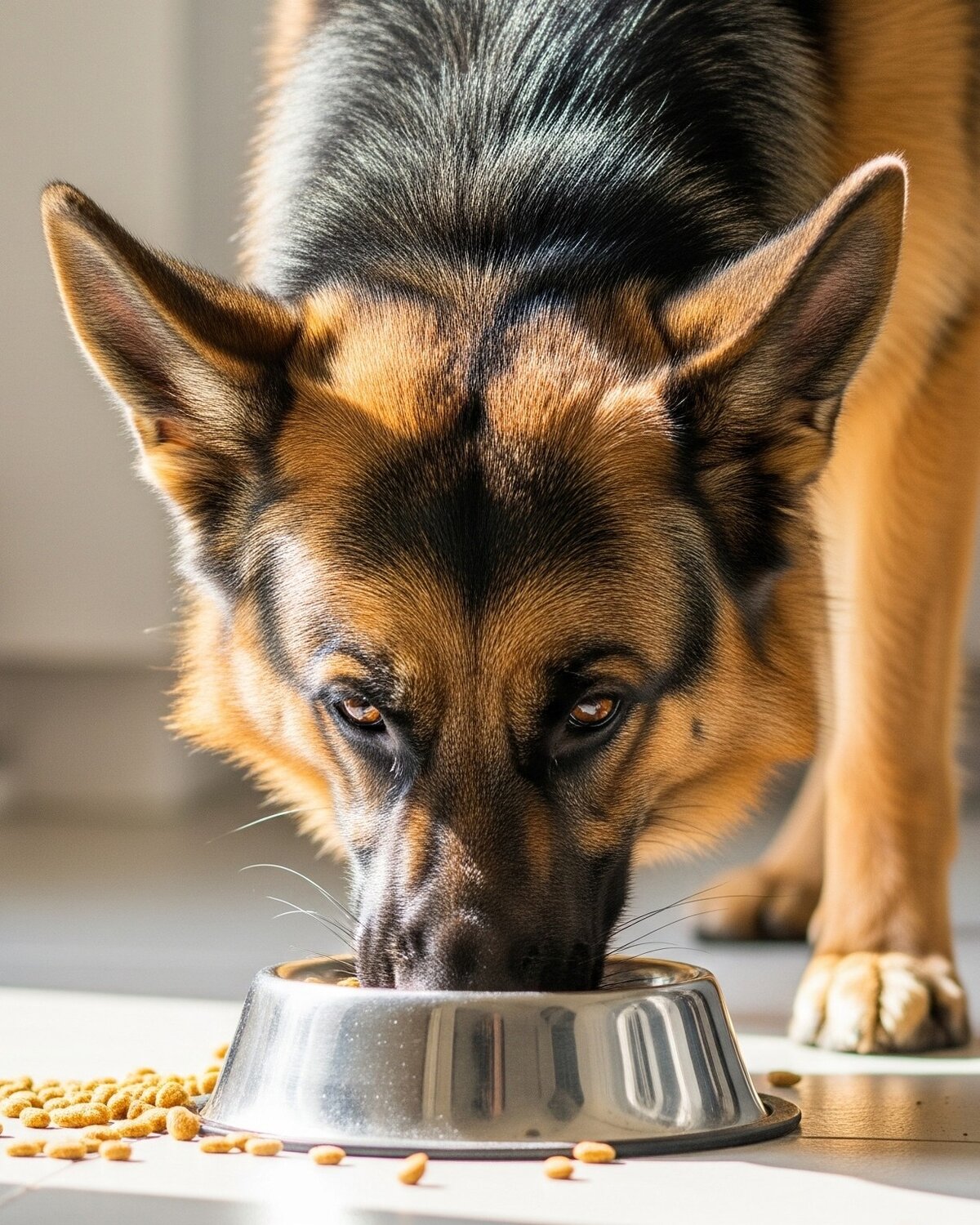
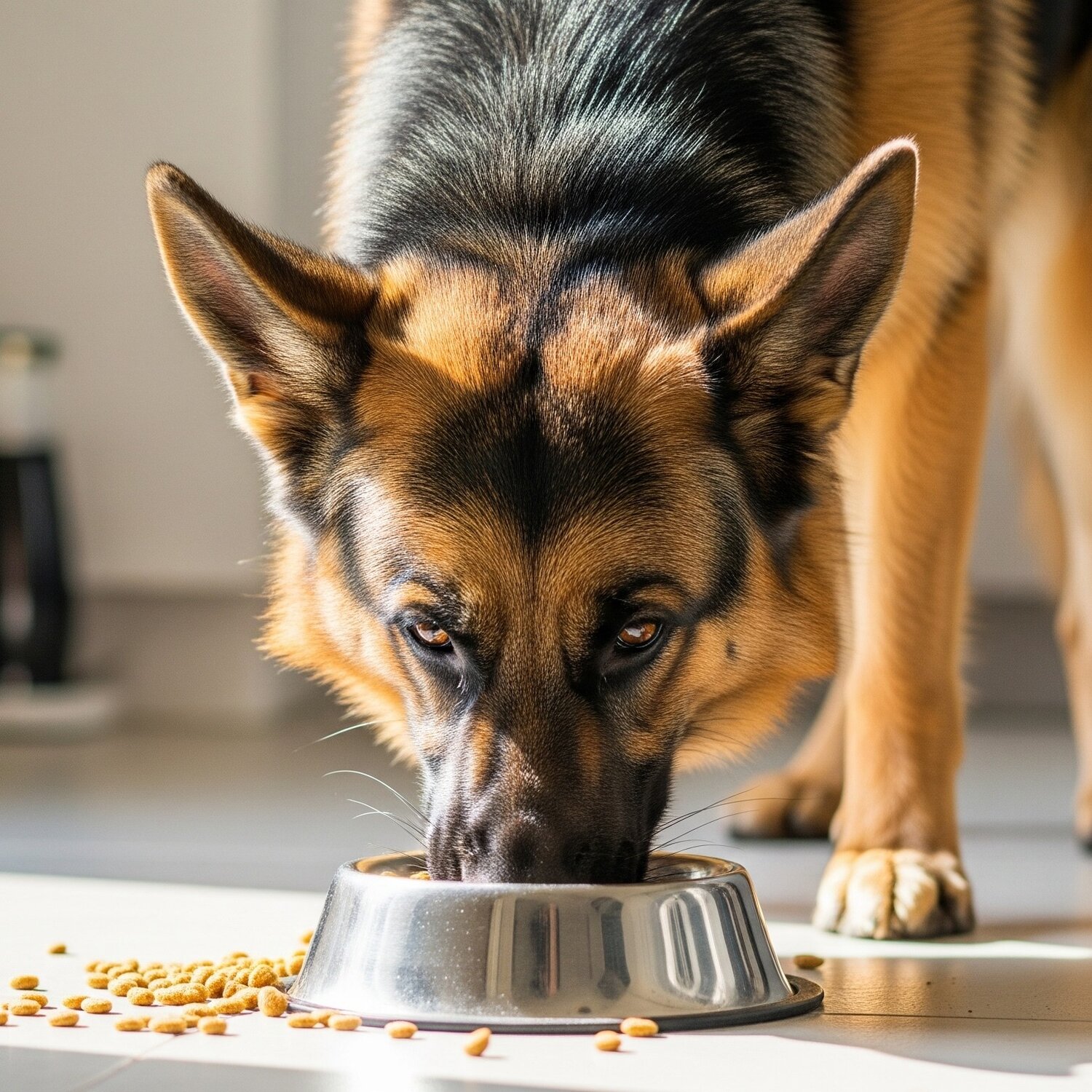
Nutrition
A German Shepherd's diet must be appropriate for their life stage: a specially formulated large-breed puppy food is essential to ensure a controlled growth rate and proper joint development, while adult and senior formulas should match their changing energy levels and metabolic needs.
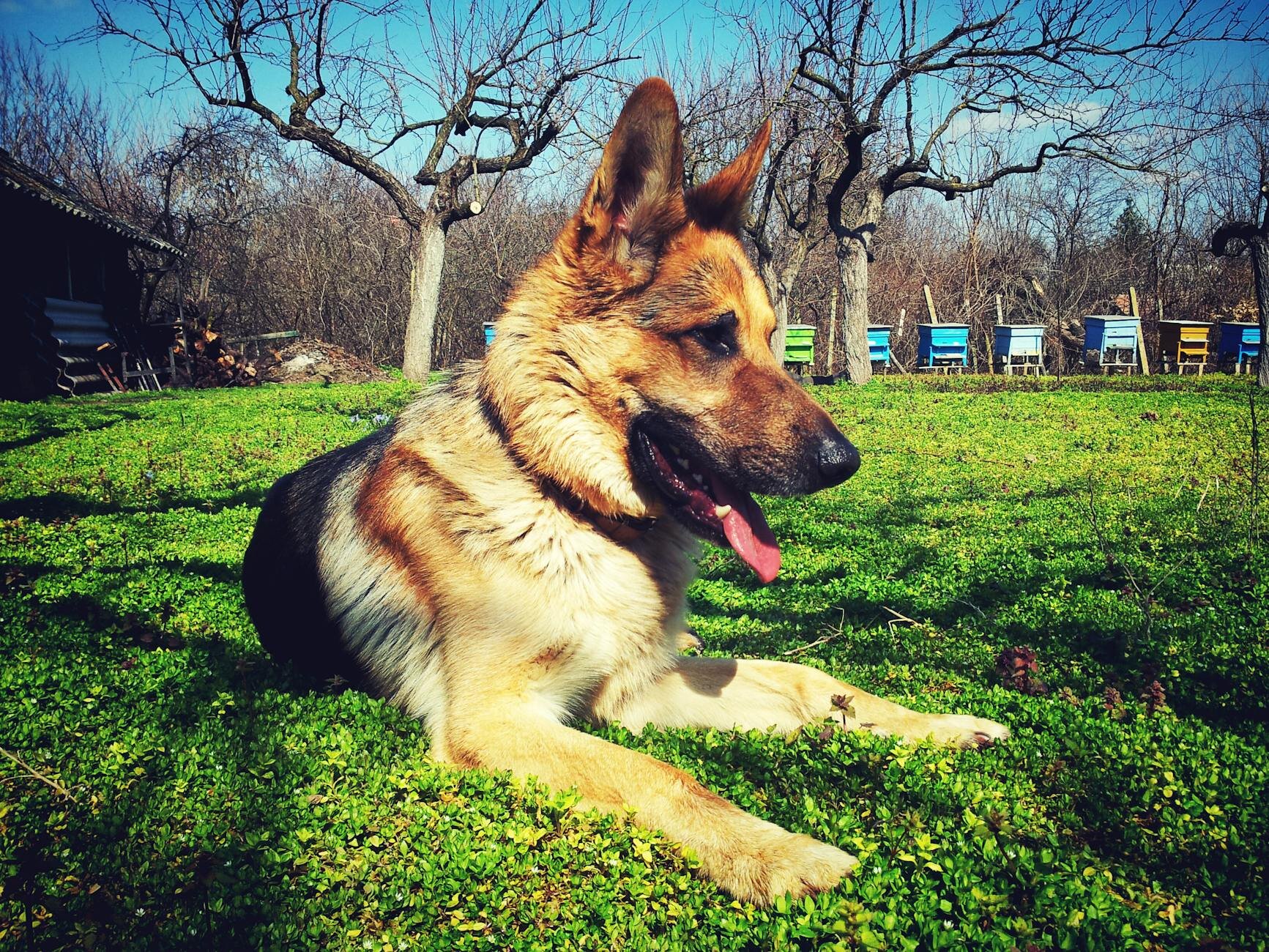
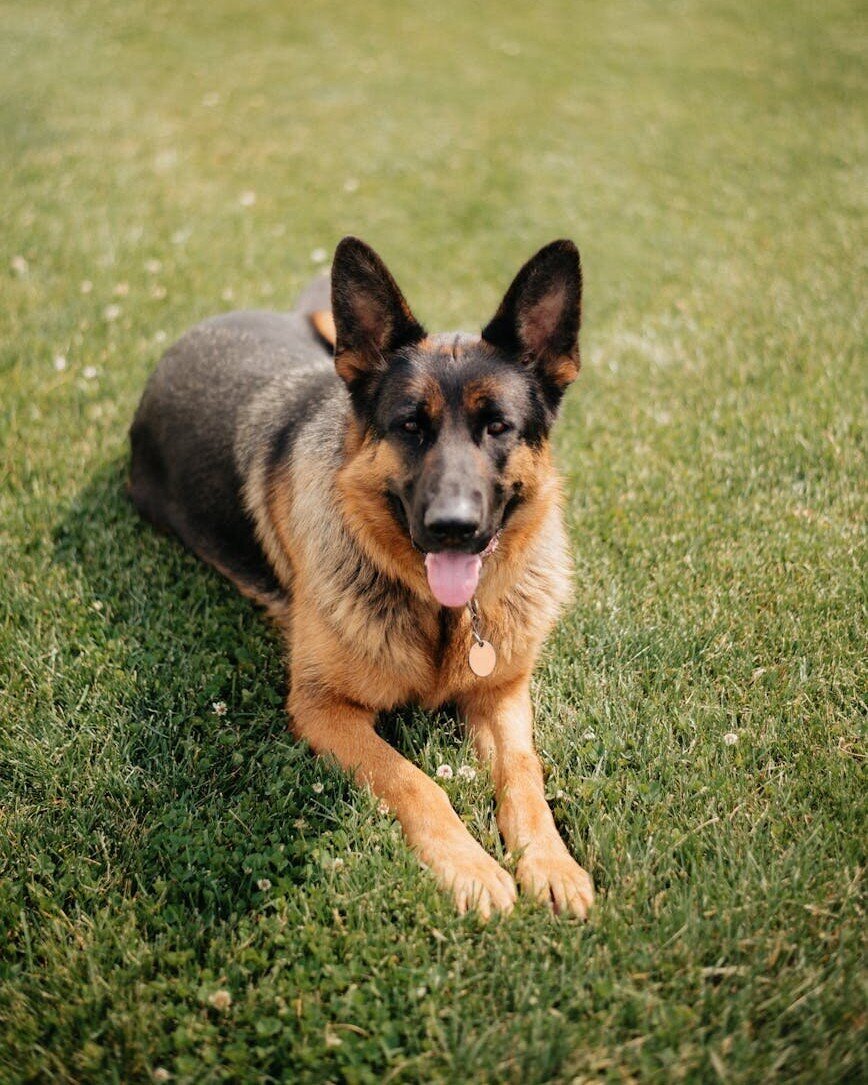
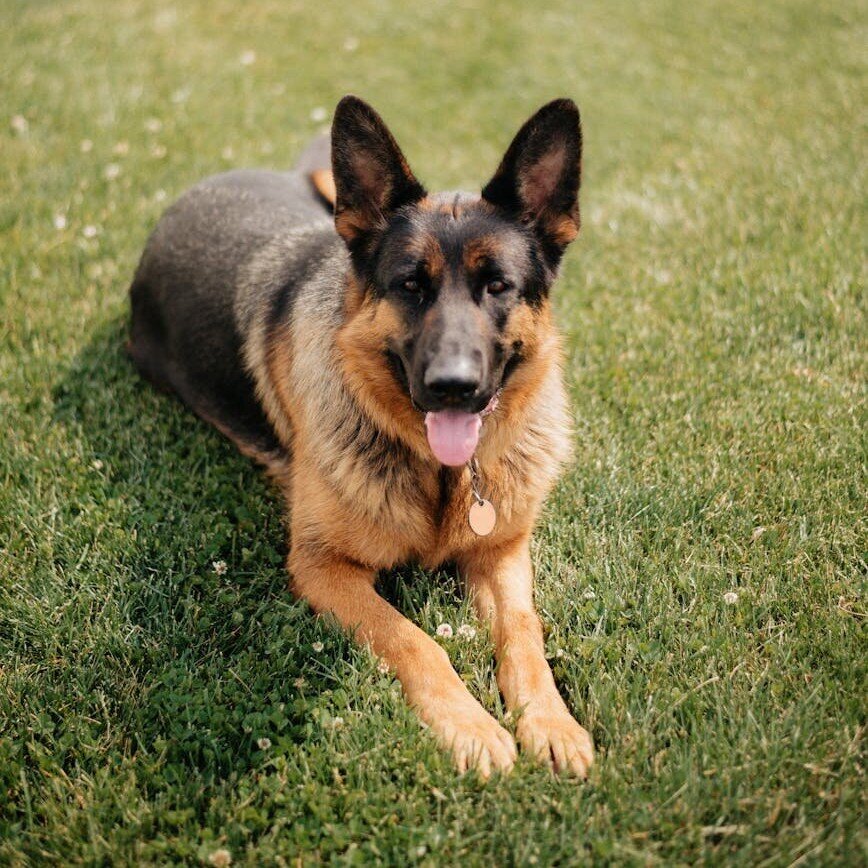
Flea & worming
Maintaining your German Shepherd's health relies on comprehensive, year-round parasite control that must cover fleas, ticks, heartworm, and intestinal worms.
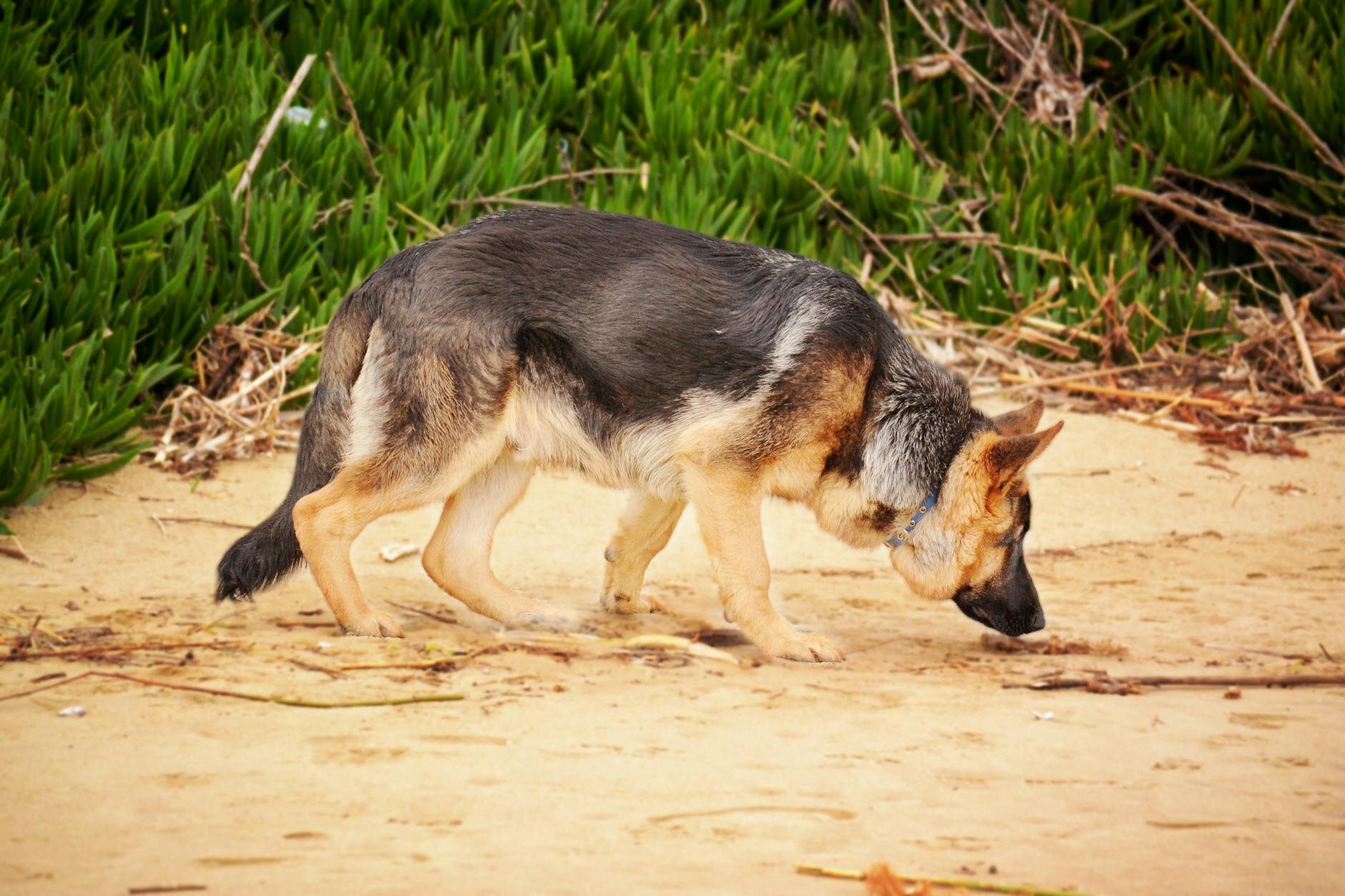
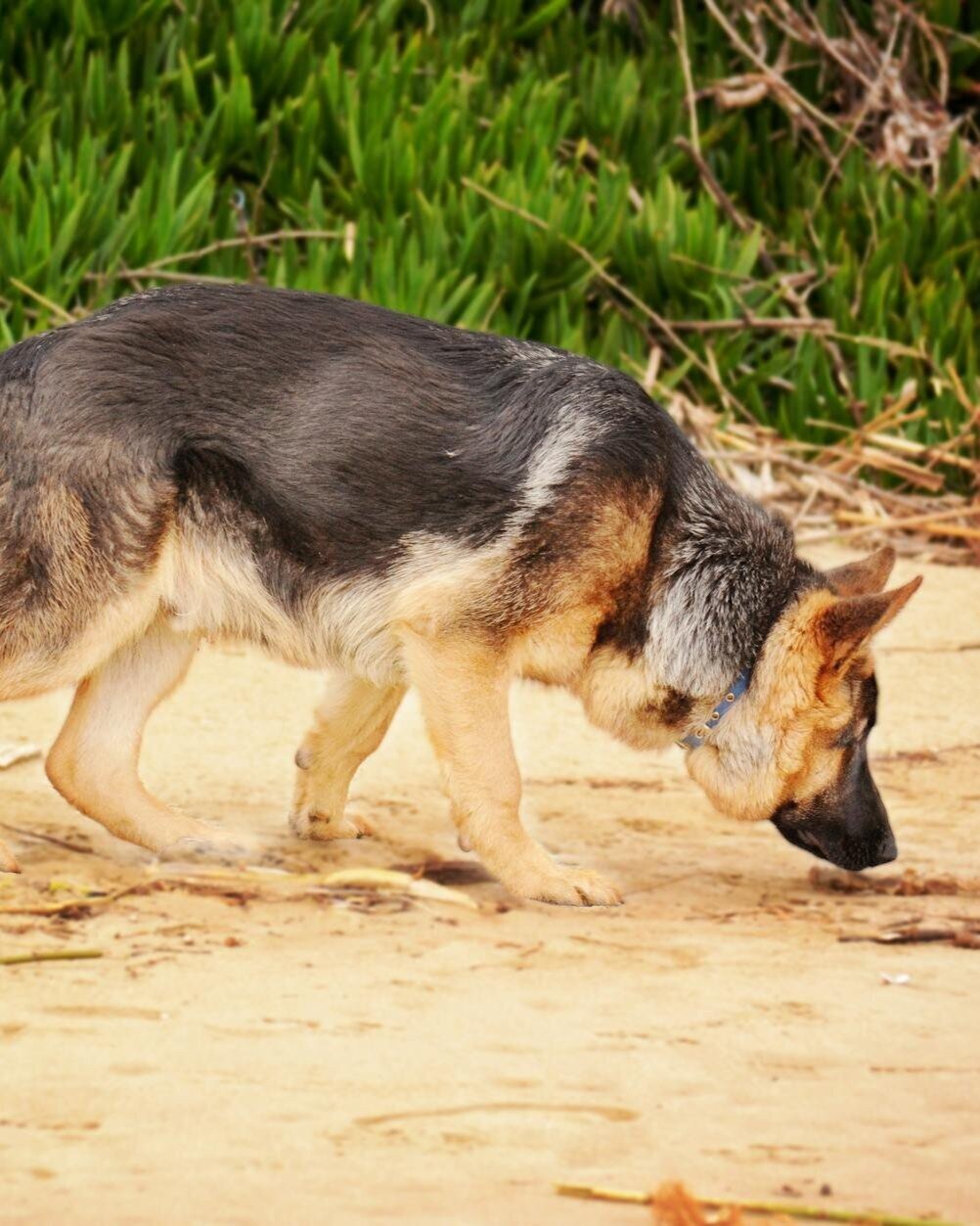

Health
For German Shepherds with hip dysplasia and at risk of osteoarthritis, it can be helpful to add a joint care supplement into their daily routine or move to a over-the-counter or therapeutic veterinary diet focused on mobility support.
To reduce the risk of bloat (GDV), use a slow-feeder bowl, feed smaller, more frequent meals, and avoid vigorous exercise around mealtimes.
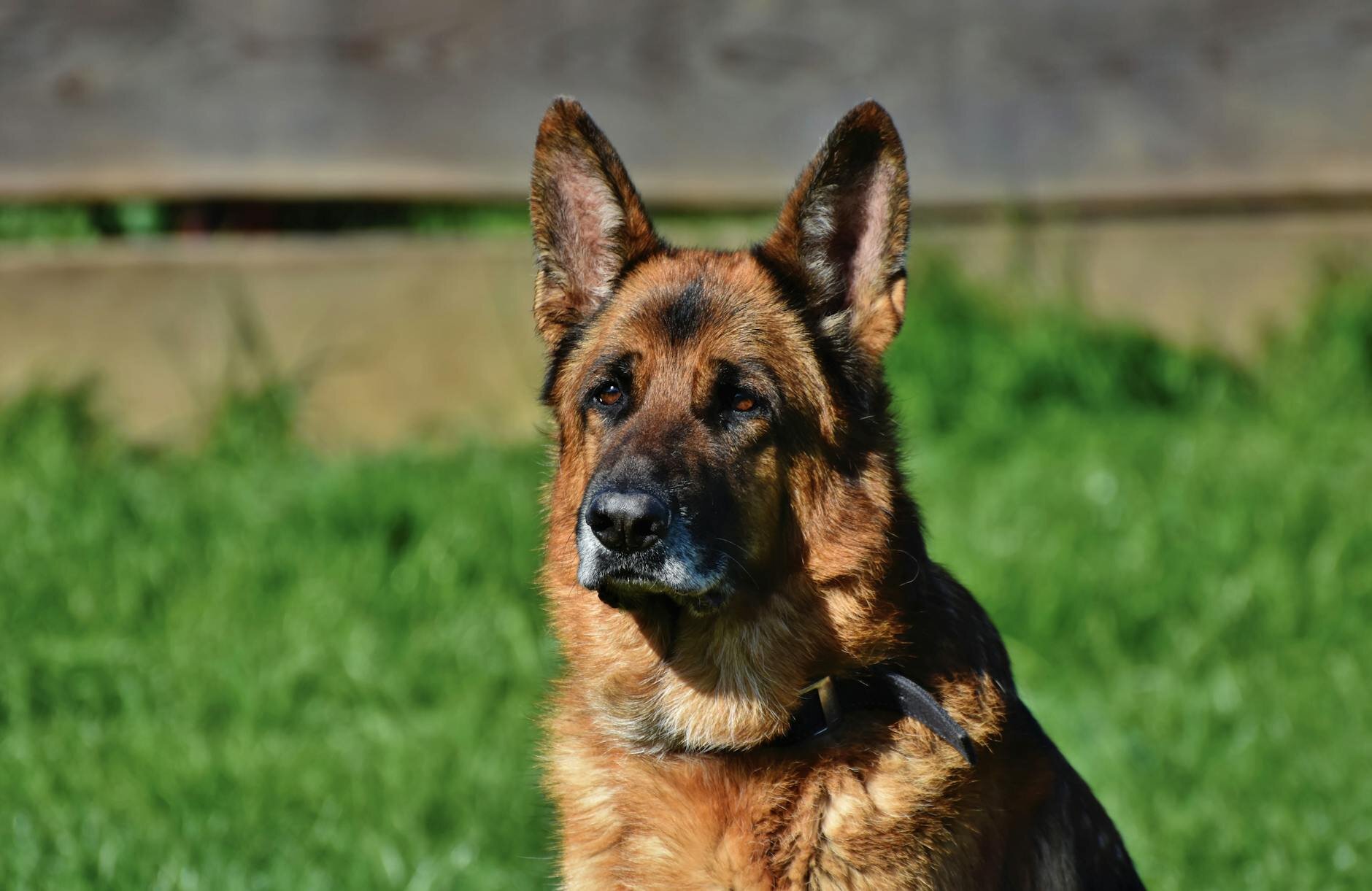
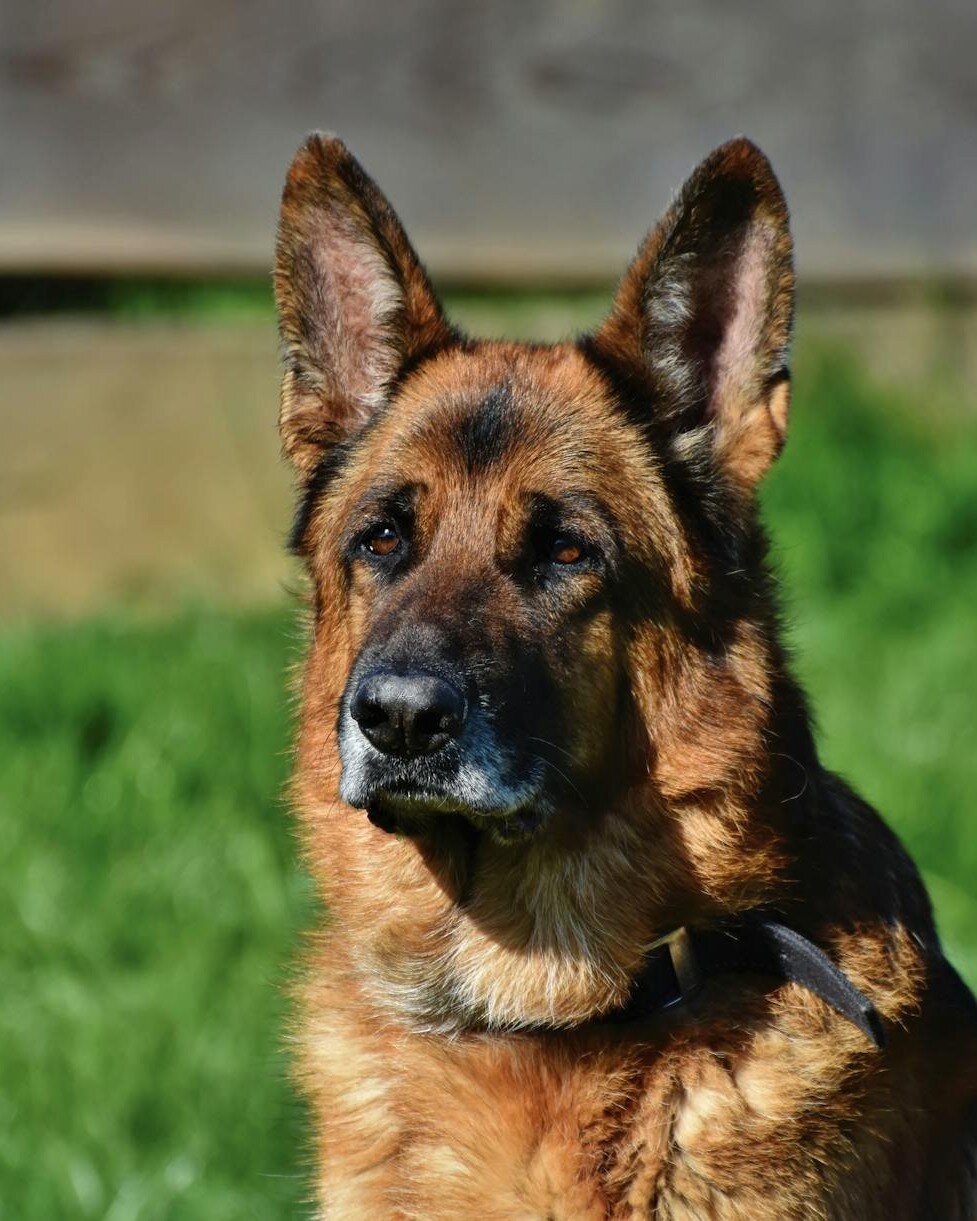
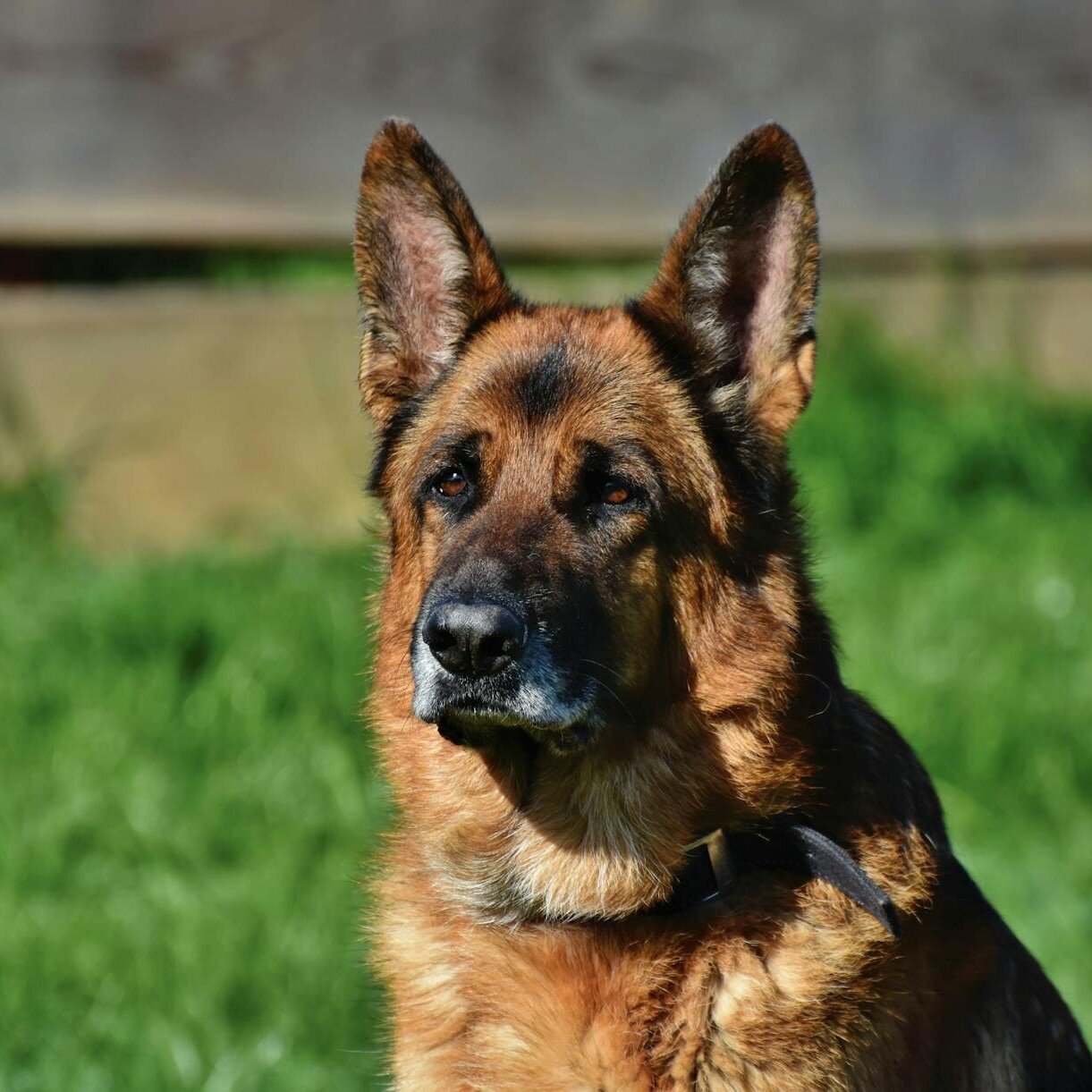
Training and activity
This highly intelligent and energetic working breed requires more than just a simple walk; they need at least 60-90 minutes of vigorous daily exercise, such as jogging, fetch, or swimming to manage their physical stamina. Critically, their minds must be exercised just as much as their bodies.
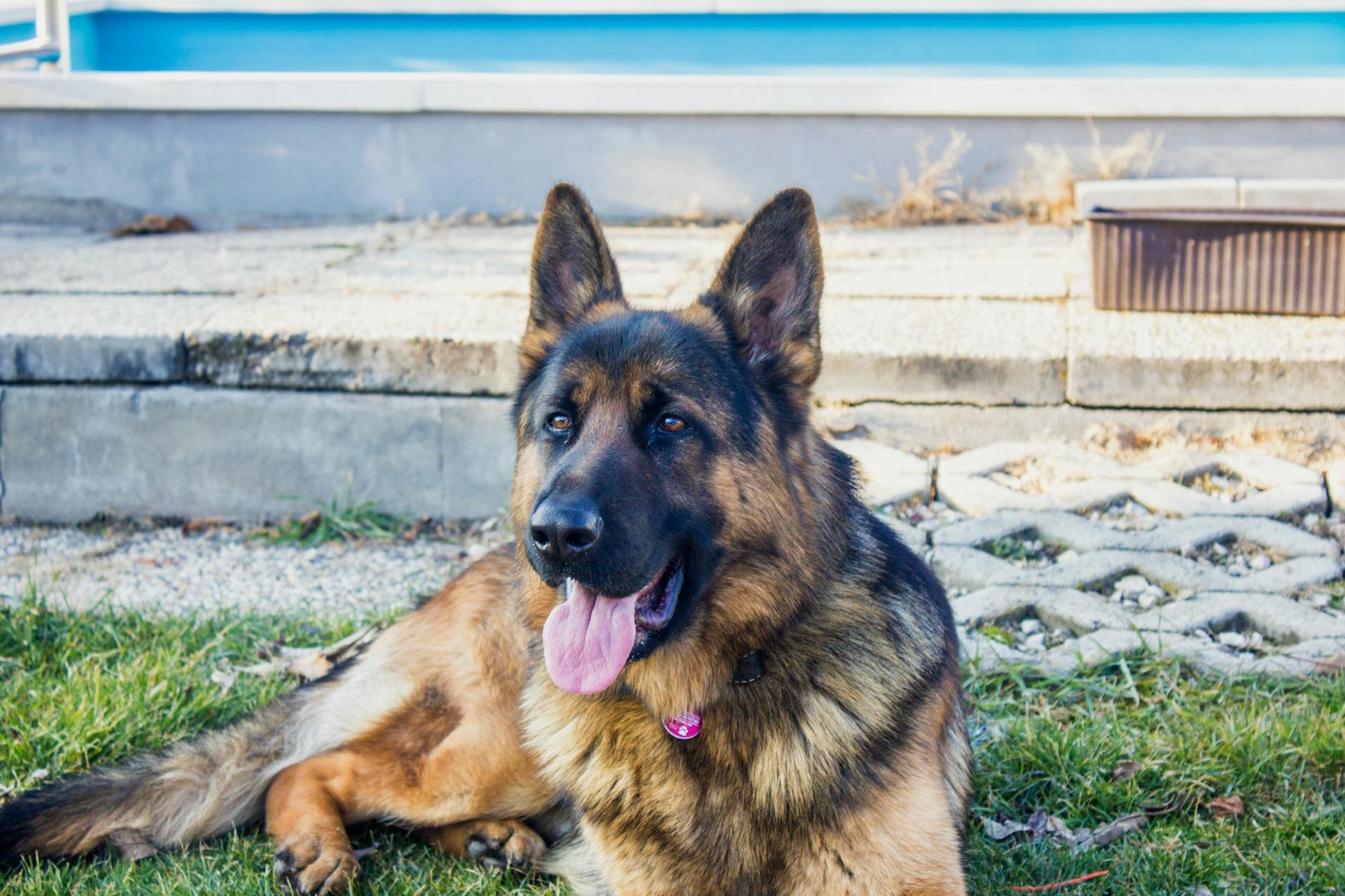
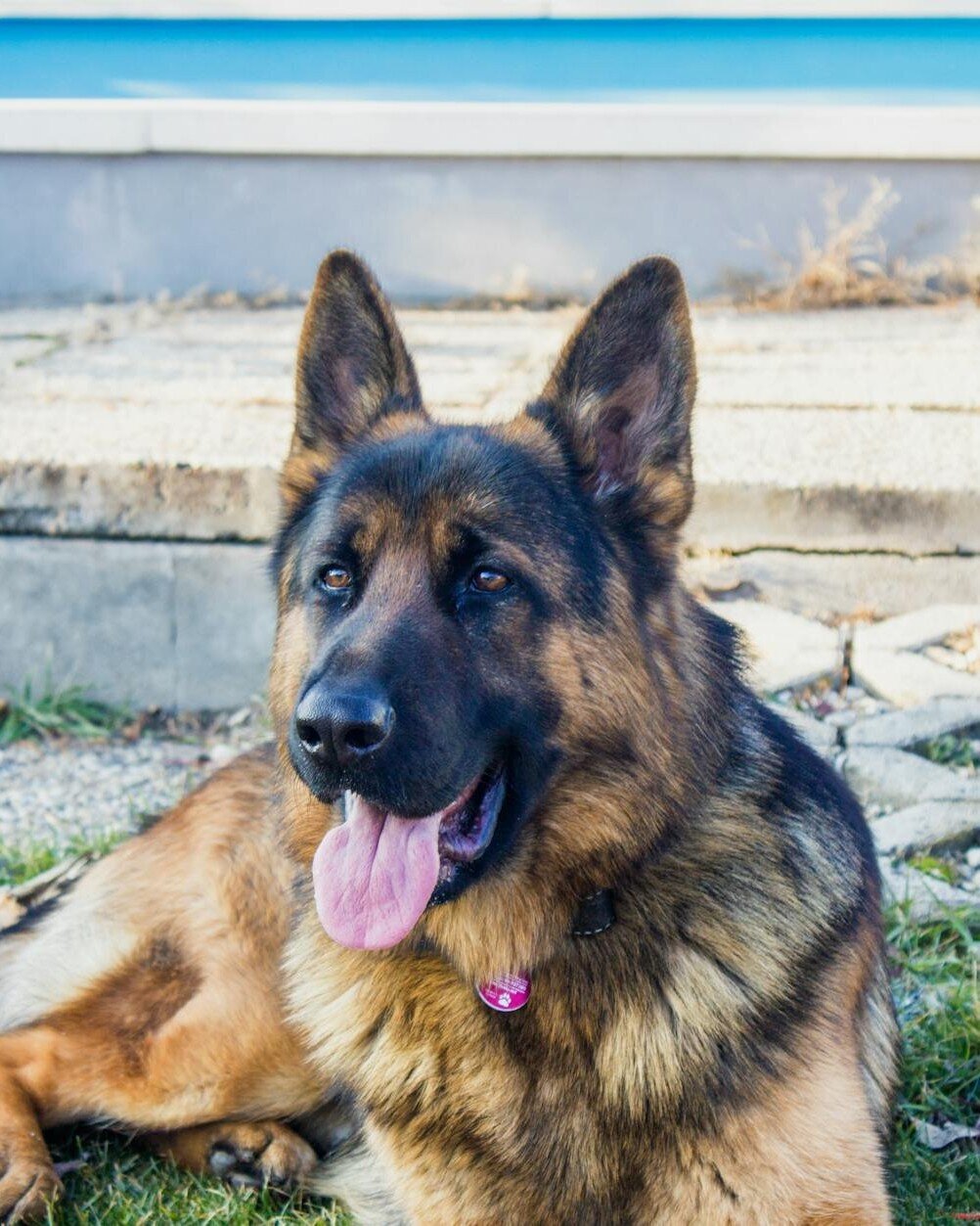
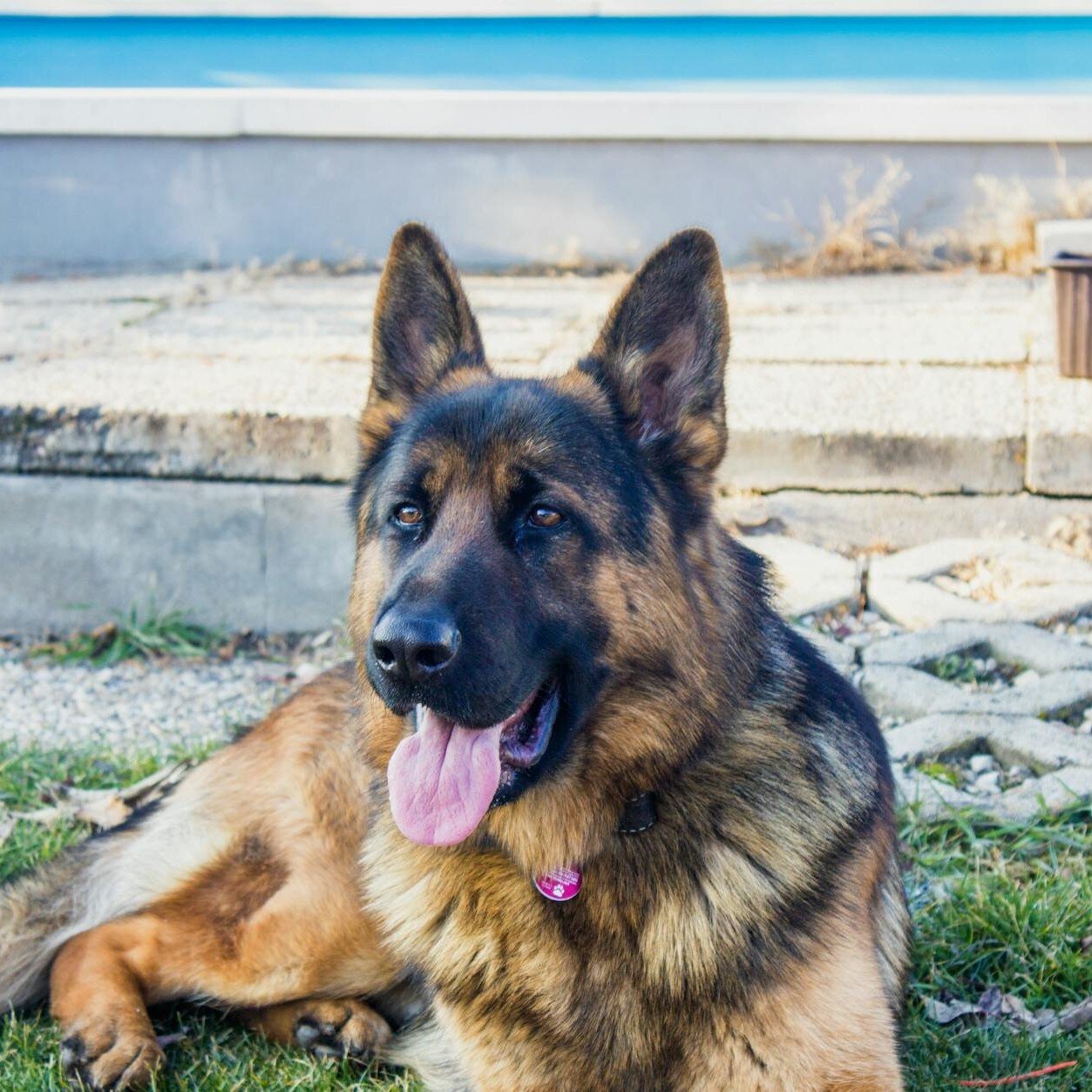
Grooming
Grooming a German Shepherd is a significant commitment, dominated by the challenge of managing their thick double coat. Known affectionately as "German Shedders," they shed moderately year-round and experience two major seasonal "coat blows" in spring and autumn.

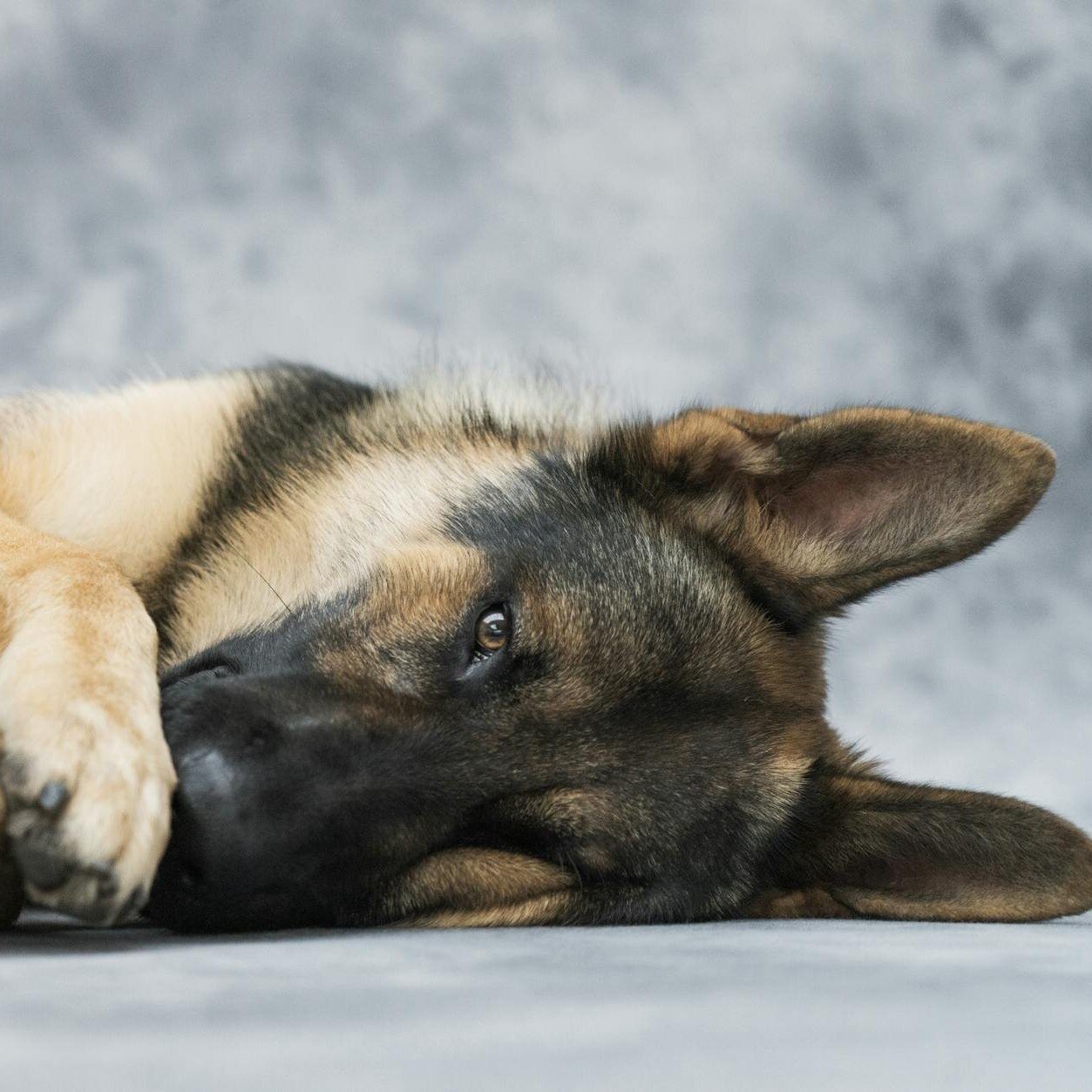

Sleep and home
As highly social "pack" animals, German Shepherds require a home where they can live indoors with their family, not isolated in a yard. They need a comfortable, dedicated bed or crate to serve as their personal den for rest.

